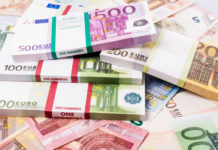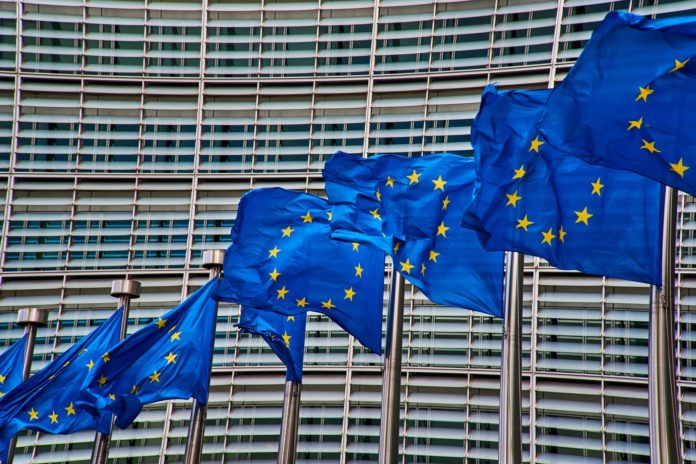Coronavirus brought to the surface the differences between the countries member of the European Union at a time when solidarity was more than necessary to support the position of pro-Europeans. Disagreements still arose, as usual, when discussions focused on the budgetary question and the efforts which the European States must make to consolidate the Community budget. As in the Greek crisis, when Germany opposed the country’s bailout on the verge of bankruptcy, the Netherlands also said it was against the proposed European budget to counter the effects of the Coronavirus pandemic on the countries of the Union.
Indeed, Austria, the Netherlands, Sweden, and Denmark have expressed their reservations about the recovery plan of 500 million Euros (550 billion $) proposed by German Chancellor Angela Merkel and French President Emmanuel Macron. On the other hand, the southern countries which have been hit hard by the epidemic – like Spain and Italy – are asking for more financial solidarity from their northern neighbors.
European Union will experience a decline of 7.1% of its GDP
Thus, the economic crisis due to COVID19 which the Union could be faced seems so serious. It is expected that its countries – whose major part of its population has been quarantined since the end of winter – will experience a decline 7.1% of GDP this year, according to the International Monetary Fund.
Besides, given the economic ravages caused by the pandemic, several countries were forced to put their hands in their pockets and draw on public reserves increasing the public deficit to support their economies and manage the lockdown imposed by the situation.
Therefore, an official European senior believes that “the countries of the South have the impression that certain countries – which are currently the strongest economically – will take advantage of this crisis to gain more, while the countries of the North believe that their Southern neighbors want to take advantage of the epidemic crisis to push them to reduce the burden of their debt incurred in the past.

The European parties, then, agree that the value of the recovery plan will be several hundred billion euros, but the exact amount remains to be determined. Likewise, Rome, Madrid, and Paris ask that this financing take the form of common debt, under several forms, often called “Corona Bond” or “Corona Bonds”.
The European Commissioner for the economy indicated in a column in the newspaper “Le Monde” that the rules of the stability pact, suspended for 2020, must also be suspended for 2021. Paolo Gentiloni also reminded that the European Union must not commit the same error as in 2009, by worrying about the limits imposed on public spending to the detriment of economic recovery.
French Minister of Economy Bruno Le Maire also said that he was in favor of raising the level of the European Union’s public debt to get out of the crisis. Europeans, therefore, expect the creation of an economic recovery fund to save all member states’ economies without distinction and in a fair manner.
























